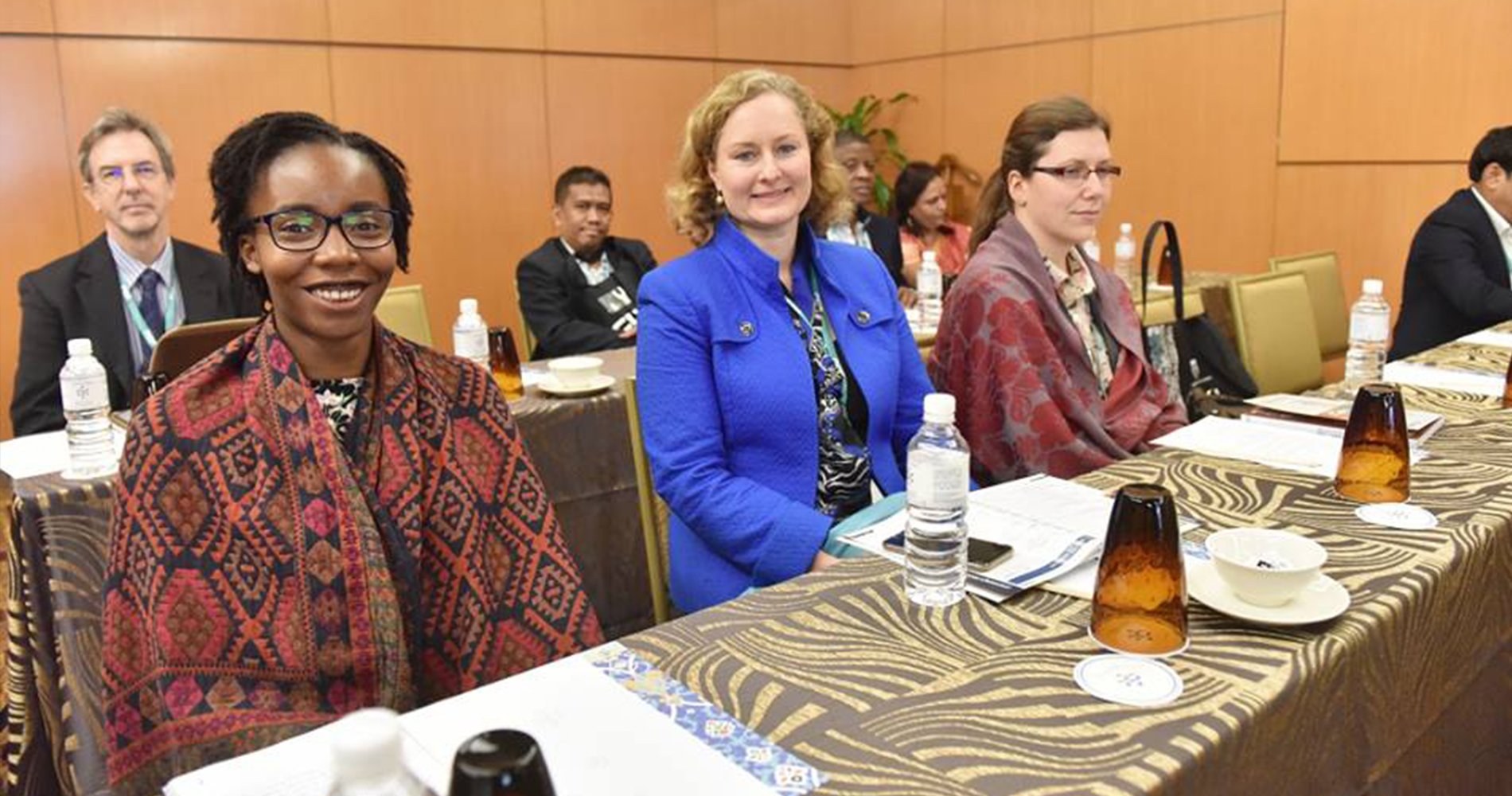
KLCC, 28 November: The session discussed pertinent issues on student retention and challenges in teacher training that were based on the perspectives of different institutions.
Ms Kamariah Mohd Noor of Open University Malaysia (OUM) addressed the issue of learner satisfaction from seven dimensions – programme, teaching and learning, quality assurance, responsiveness, empathy, tangibility and reliability.
The findings concluded that out of the seven dimensions, only tangibility was found to have no co-relationship with learner satisfaction. Aspects like customer service needed improvement. Responding promptly to enquiries, showing empathy and being properly attired, improved programme content and quality teaching and learning, could all contribute to better learner retention.
Prof Satish Rastogy, from the Institute of Distance Education (IDE), University of Swaziland, analysed learner satisfaction based on feedback from learners from the Institute’s Bachelor of Arts (Humanity) programme. The findings were more or less the same as those of OUM with a suggestion that greater focus be given to enhance the teaching methodology and content knowledge of academic counselors.
Dr Marygorety Akinyl Otieno of University of Nairobi, Kenya, said access to education in the country was primarily due to lack of teacher training. The upgrading of colleges to university status was not met with corresponding efforts to upgrade the teaching skills of faculty members.
According to Prof Dr Mpine Makoe of University of South Africa, earlier policies in Kenya, Rwanda and South Africa failed to address problems pertaining to ODL. Lack of national coordination, lack of proper integration between ICT, curriculum and pedagogy and the availability of competent and knowledgeable teachers are issues that need addressing when enforcing policies. Plans and measurable outcomes must also be in place for such policies to be effective.